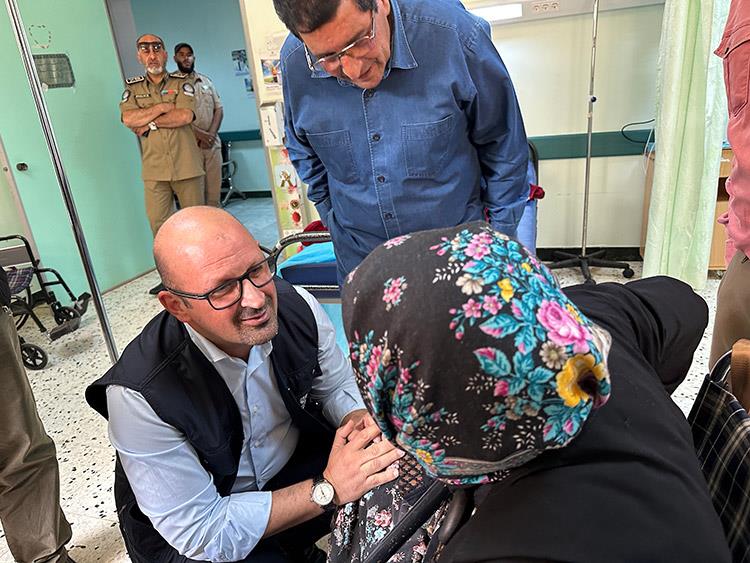
NHS leaders are being urged to tackle racist abuse of staff as new figures reveal that a third of black, Asian or minority ethnic workers in mental health trusts in England have experienced harassment, bullying or attacks by patients, relatives or members of the public.
One in three (32.7%) BAME staff in mental health settings have experienced abuse, according to analysis by the Royal College of Psychiatrists. For BAME workers across the NHS, the rate is more than one in four (28.9%).
One medical director told the Guardian that hot tea had been thrown at them “because of the colour of my skin”. A psychiatrist told how they were left traumatised after they were racially abused – then threatened with a knife.
The college is calling on health leaders to take a stand against discrimination by setting up better processes in NHS trusts to record and understand data about bullying and harassment.
Dr Adrian James, president of the Royal College of Psychiatrists, said the findings were deeply concerning. He said: “NHS leaders and local health bosses must tackle this head-on.”
One in five (19.6%) BAME staff in NHS mental health trusts experienced harassment, bullying or abuse at work from other colleagues. More than one in eight (13.2%) experienced abuse from their own managers, according to the analysis.
“The evidence from multiple surveys proves that ethnic minority staff continue to suffer racism and discrimination,” said Dr Lade Smith, presidential lead for race equality at the college. “Despite the best efforts of some employers, there has been little change over the years.
“Healthcare leaders must begin to tackle the insidious racism and discrimination that can take place in the workplace. They must develop robust reporting processes, that staff can feel confident in using, aimed at supporting demonstrable improvements.”
BAME staff working in mental health trusts who had experienced racist abuse said the effects were often long lasting.
Dr Ananta Dave, a medical director based in Lincoln, said: “Patients and their families have often refused to accept that I was the doctor or that I was leading an assessment because of the colour of my skin and would ask to see a ‘real doctor’.
“I was once racially abused and threatened with a knife. I was very frightened and traumatised and needed to see a medical professional and have some therapy.
“Discrimination from colleagues is less visible than from patients but happens frequently. I’m often mistaken for the tea lady or the note-taker when I’m in senior-level meetings. Some people don’t even bother trying to pronounce my name and refer to me as ‘hi there’ while calling all the others present by their name. It’s insulting, disrespectful and incredibly disheartening.”
A psychiatrist in the Midlands said they had “often been racially abused” by their own patients. “I once had hot tea thrown at me because of the colour of my skin,” they said.
“With colleagues it’s much more subtle. I’ve experienced being excluded from the workplace culture, like I’m outside of the in-group. It was normal for collections to be held for the birth of white colleagues’ children, but when my daughter was born no collection was held. The feeling that I didn’t belong and wasn’t part of the team was quite upsetting and has stayed with me to date.”
Across the NHS in England, more BAME staff in have also reported experiencing discrimination and are less likely to feel their organisation provides equal opportunities compared with white employees, the NHS survey data found.
In the past year, all NHS staff have faced huge pressures dealing with the coronavirus pandemic. Almost a fifth are considering leaving the health service, according to the NHS data.
It found that 16.7% of BAME staff reported that they had experienced discrimination at work from a manager, team leader or other colleague in the previous 12 months, up from 14.5% in 2019. This compared with 6.2% of white staff, up from 6% in 2019.
It also found that BAME staff were less likely to feel their organisation provided equal opportunities compared with white employees. More than two-thirds (69%) of BAME staff said their organisation provides equal opportunities, down from 71% the previous year and 73% in 2016.
NHS England’s chief people officer, Prerana Issar, said: “There is never an excuse for racism or any form of discrimination”. She described abuse and unfair treatment as unacceptable, adding that NHS organisations should continue to take action on the findings, to tackle discrimination.












